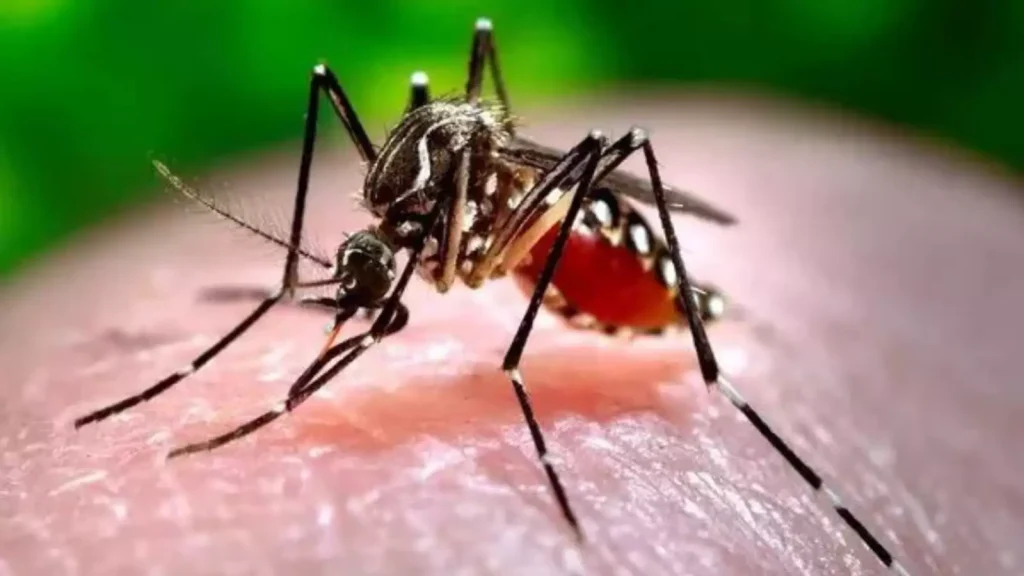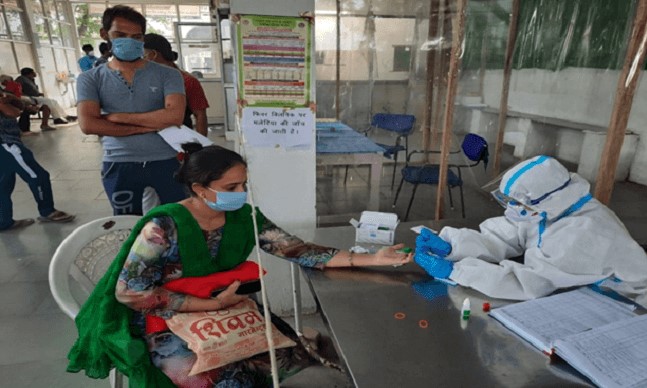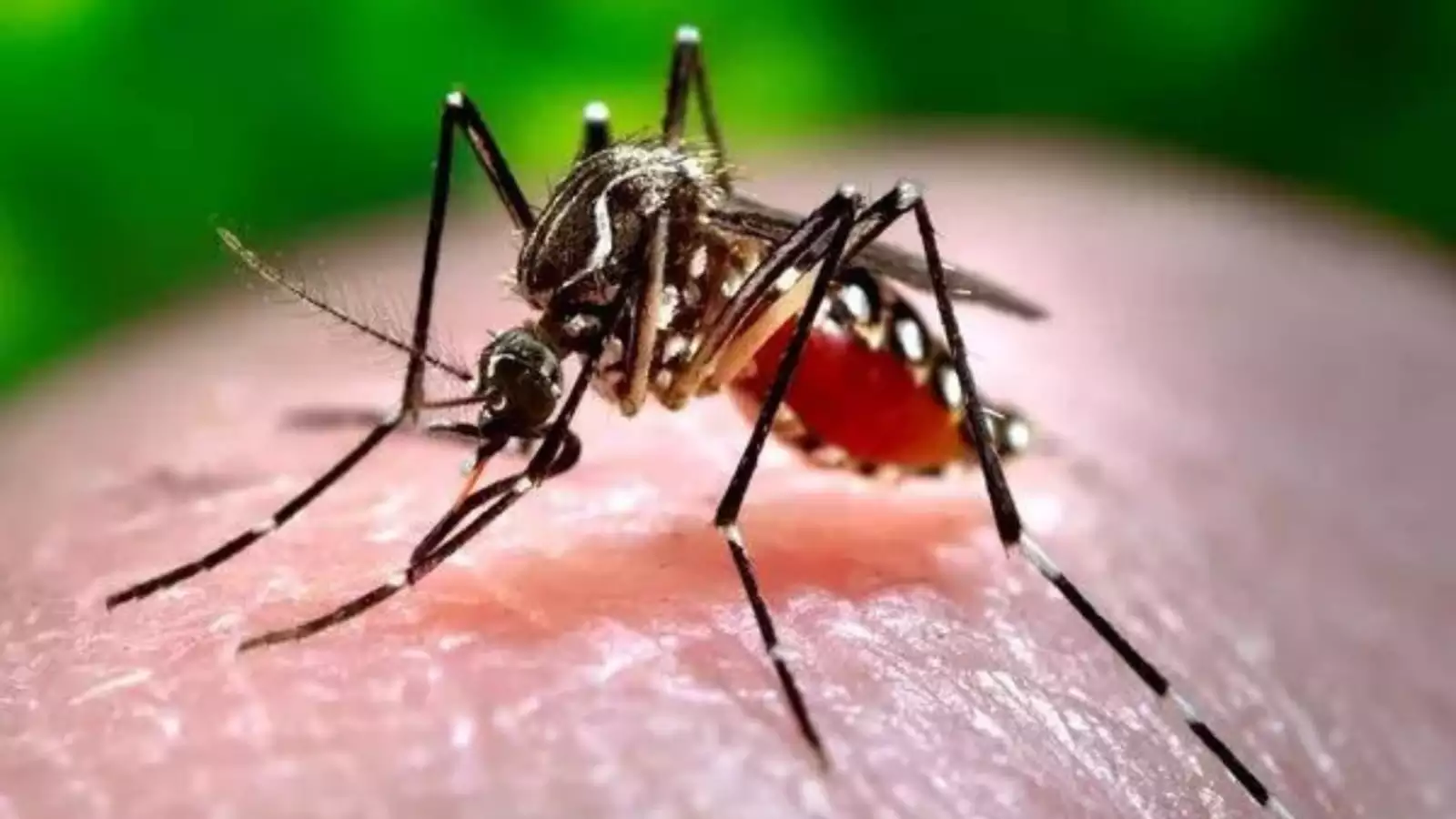
Table of Contents

India has achieved a major milestone in its battle against malaria, with the World Health Organization (WHO) acknowledging the country’s significant progress in reducing malaria cases. This accomplishment is a testament to India’s robust public health strategies, innovative interventions, and community-driven efforts. Once a major health burden, malaria is now on the decline, with India moving closer to its goal of eliminating the disease entirely.
This remarkable achievement is not only a victory for India but also a beacon of hope for other nations grappling with the disease. Here’s an in-depth look at the progress India has made and the five key factors that have driven this transformation.
1. A Sharp Decline in Cases
India’s efforts to combat malaria have yielded impressive results over the past few years. According to the WHO’s World Malaria Report 2023, India has recorded a substantial reduction in malaria cases and deaths. Between 2015 and 2022, the cases in India decreased by over 85%, while malaria-related deaths fell by more than 75%.
These figures are particularly significant given India’s large population and diverse geography, which pose unique challenges in disease control. The progress is a testament to the effectiveness of targeted interventions, sustained government efforts, and active community participation.
2. The NFME
At the heart of India’s success is the National Framework for Malaria Elimination (NFME), launched in 2016. This ambitious program aims to achieve malaria-free status for India by 2030. The NFME provides a comprehensive roadmap, focusing on:
- Strengthening surveillance systems.
- Expanding access to diagnostic tools and treatment.
- Promoting vector control measures, such as insecticide-treated bed nets and indoor residual spraying.
The program’s emphasis on high-burden states and districts has been particularly effective. By prioritizing areas with the highest transmission rates, India has been able to allocate resources strategically and achieve maximum impact.
3. Innovative Use of Technology
India’s fight against this disease has been bolstered by the innovative use of technology. Digital tools have revolutionized disease surveillance, enabling real-time data collection and analysis. Mobile apps and online dashboards have made it easier for health workers to track malaria cases, identify hotspots, and respond swiftly to outbreaks.
For instance, the Malaria Elimination Demonstration Project (MEDP) in Madhya Pradesh has demonstrated the power of technology in malaria control. By using GIS mapping and mobile health applications, the project has achieved remarkable success in reducing malaria cases in tribal areas.
4. Community Engagement and Awareness Campaigns
One of the most critical factors behind India’s success is its focus on community engagement. Malaria control programs have prioritized raising awareness about the disease, its prevention, and treatment. Educational campaigns have been conducted through mass media, schools, and local community groups, empowering people with the knowledge to protect themselves and their families.
In many rural and tribal areas, community health workers, such as Accredited Social Health Activists (ASHAs), have played a pivotal role. These frontline workers have been instrumental in distributing bed nets, conducting house-to-house surveys, and ensuring timely diagnosis and treatment.
5. Global Partnerships and Funding
India’s progress in reducing malaria cases has been supported by strong global partnerships and funding. Organizations like the Global Fund to Fight AIDS, Tuberculosis, and Malaria have provided financial and technical assistance, helping India scale up its malaria control efforts.
The collaboration between government agencies, international organizations, and private sector partners has created a robust ecosystem for malaria control. These partnerships have facilitated the adoption of best practices, enhanced resource mobilization, and strengthened the overall health infrastructure.
The Road Ahead: Challenges and Opportunities
While India’s progress is commendable, the journey toward malaria elimination is far from over. Challenges such as drug resistance, insecticide resistance, and climate change continue to pose significant threats. Additionally, sustaining the momentum in high-burden states, particularly in tribal and remote areas, requires continuous effort and innovation.
To achieve its goal by 2030, India must focus on the following priorities:
- Strengthening Health Infrastructure: Ensuring access to quality healthcare in remote and underserved areas.
- Enhancing Research and Development: Investing in new tools and technologies, such as vaccines and advanced diagnostic methods.
- Addressing Social Determinants: Tackling underlying factors like poverty, malnutrition, and lack of education, which contribute to vulnerability of this disease.
A Global Inspiration
India’s success story is an inspiration for other countries in their fight against malaria. It demonstrates that with strong political will, community participation, and innovative strategies, even the most challenging health issues can be tackled effectively.
As the world strives to achieve the Sustainable Development Goals (SDGs), India’s progress in malaria control highlights the importance of collaborative efforts and sustained investment in public health. By sharing its experiences and best practices, India can play a crucial role in the global fight against this disease.
Conclusion: A Milestone in Public Health
India’s significant progress in reducing the cases is a milestone in public health. It reflects the country’s commitment to safeguarding the health and well-being of its people. As India continues its journey toward malaria elimination, the lessons learned from this achievement will pave the way for tackling other health challenges and building a healthier, more resilient future.
This success is not just a victory for India—it’s a testament to the power of collective action and a reminder that, with determination and innovation, even the most formidable challenges can be overcome.

For more interesting stories: Inventurus Knowledge Solutions IPO: Revolutionizing Healthcare Technology | Malaria Declines Drastically: 5 Powerful Lessons from India’s Progress, Says WHO |



